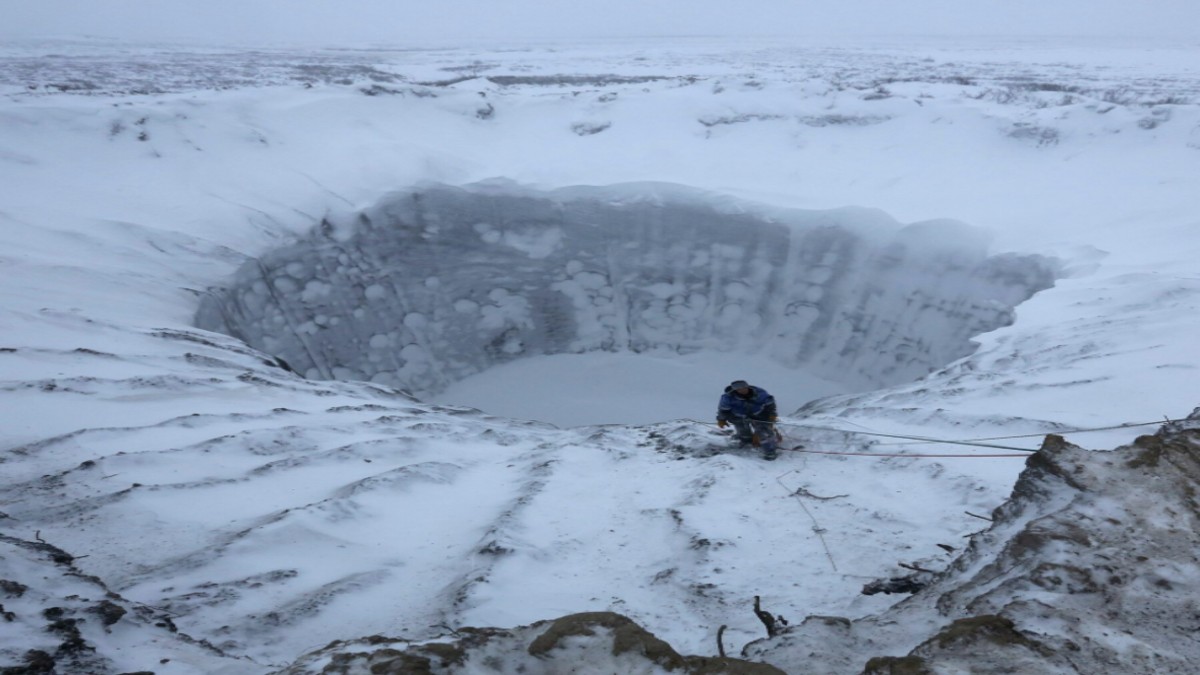)
Researchers that recovered nearly two dozen viruses, including one that was frozen under a lake more than 48,500 years ago, believe that the thawing of ancient permafrost caused by climate change may provide a new threat to people.
Researchers discovered 13 new diseases, which they resurrected and classified as “zombie viruses”
Researchers from Europe analyzed prehistoric samples taken from permafrost in Russia’s Siberia. They discovered that 13 new diseases, which they resurrected and classified as “zombie viruses,” continued to be contagious despite spending many ages frozen on the earth.
The thawing of permafrost brought on by atmospheric warming has long been predicted by scientists to accelerate climate change by releasing methane and other previously contained greenhouse gases. Less is known about its impact on latent infections.
They cautioned that their work can be extrapolated to show the danger is real
Due to the strains, they targeted, primarily those able to infect amoeba microbes, the team of researchers from Russia, Germany, and France claimed the biological risk of reanimating the viruses they studied was “totally negligible.” They cautioned that their work can be extrapolated to show the danger is real, saying that the potential revival of a virus that could infect humans or animals is much more problematic.
“It is thus likely that ancient permafrost will release these unknown viruses upon thawing,” they wrote in an article posted to the preprint repository bioRxiv that hasn’t yet been peer-reviewed. “How long these viruses could remain infectious once exposed to outdoor conditions, and how likely they will be to encounter and infect a suitable host in the interval, is yet impossible to estimate.”
“But the risk is bound to increase in the context of global warming when permafrost thawing will keep accelerating, and more people will be populating the Arctic in the wake of industrial ventures,” they said.
